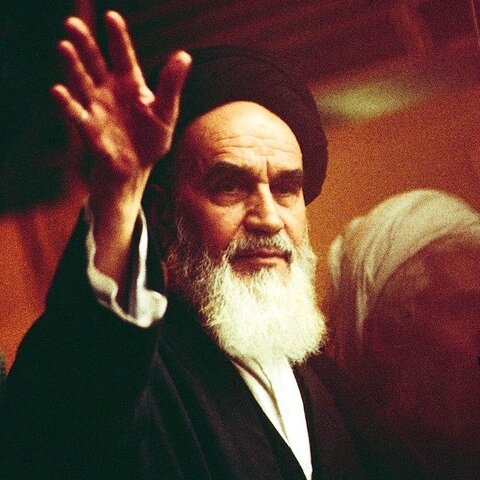Hawzah News Agency - (Tehran - Iran) - As the leader of the Islamic Movement of the Iranian nation, Imam Khomeini (RA) had a strategy. Many leaders lack any strategy in their campaigns. As a result, their decisions become tiresome gradually. It creates ambiguity and undermines people’s confidence.
After the 15th of Khordad Uprising, Imam Khomeini (RA) defined the strategy of his movement as toppling the Shah’s regime and establishing the Islamic state. He formulated his stance and his campaign approaches based on this strategy, too. Imam Khomeini (RA) believed that the leadership of the movement should have a strategy. He argued that the leadership of the movement should adopt mottos and missions that are totally reflecting popular demands. Describing these issues as primary and essential criteria for the leadership, he emphasized, “toppling the Pahlavi Dynasty and the monarchical system and establishing the Islamic state.”
It was due to Imam Khomeini (RA)’s strategy that Sharif Emami’s national reconciliation government could not sidetrack the revolution. This strategy disabled General Azhari’s military government to stop the revolution and Shahpour Bakhtiar’s national coalition government to cope with the pace of the revolution. On the eve of the victory of the Islamic revolution in Iran, the Shah gave some concessions and announced his preparedness to abide by the Constitution, hold free elections, and eliminate corruption. He acknowledged that he has heard the voice of the revolution of the Iranian people. However, Imam Khomeini (RA)’s strategy outwitted these concessions. He used these concessions for undermining the foundations of the regime’s power. During his exile years, Imam Khomeini (RA) continued his emphasis on this strategy as a result of which it was institutionalized as a culture among the Iranian people.

